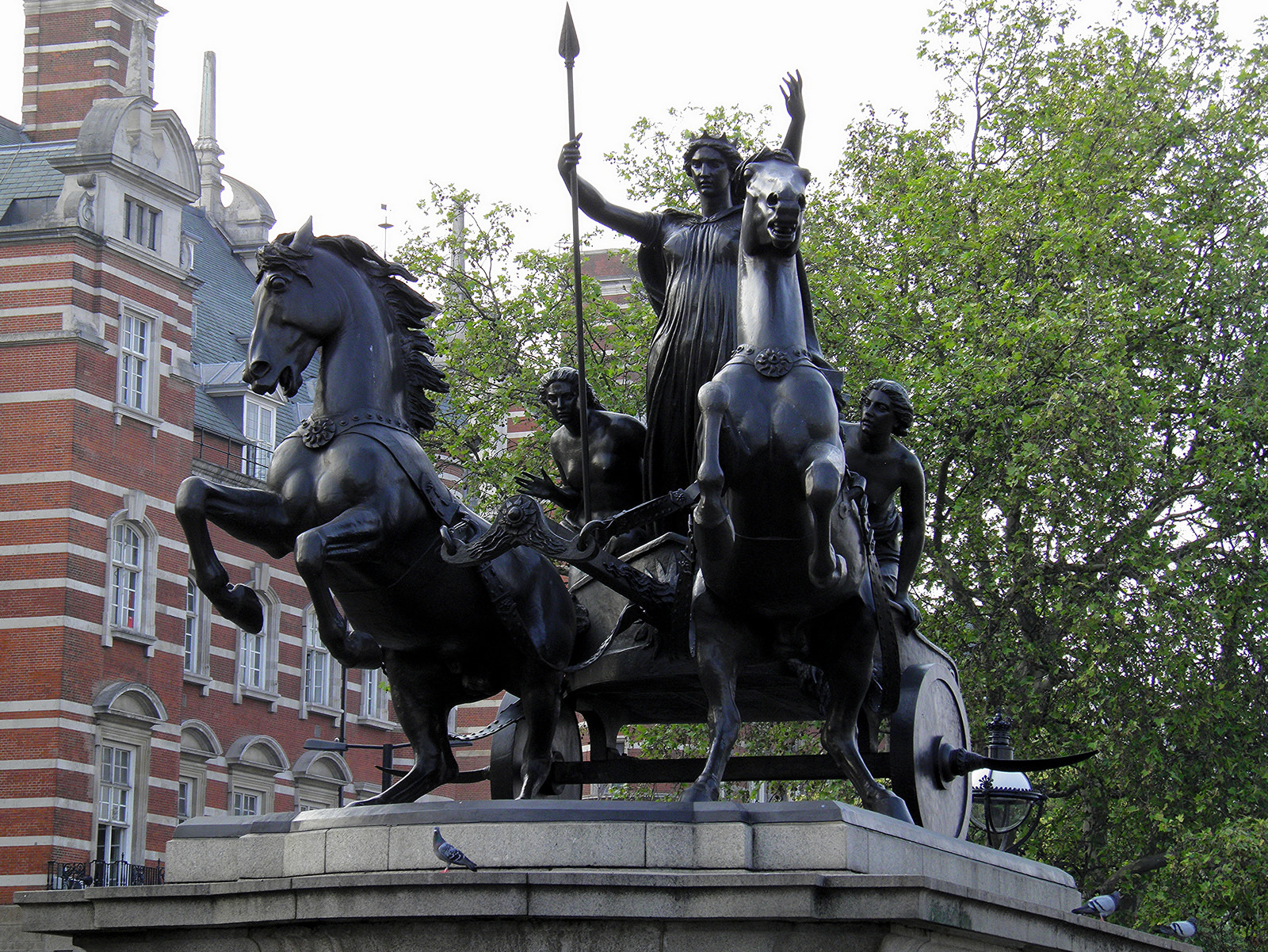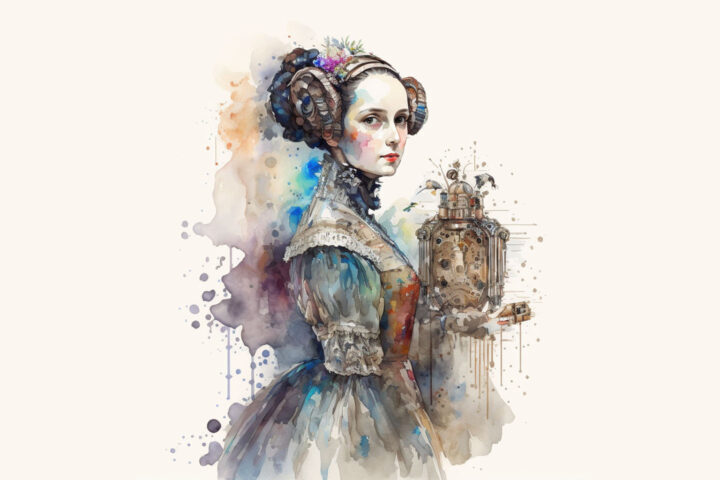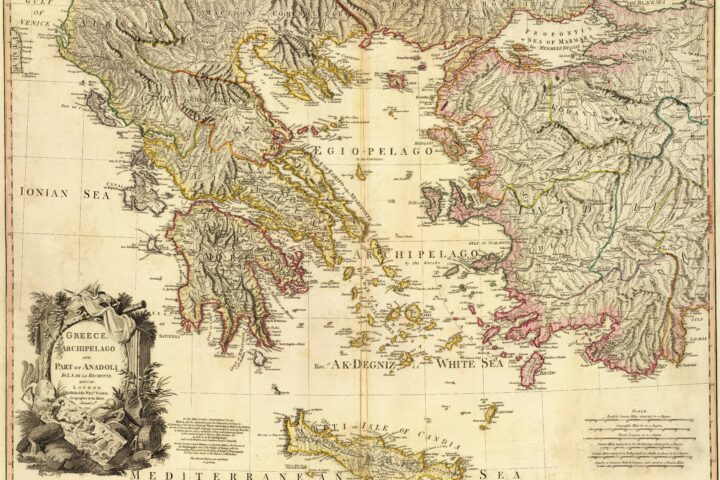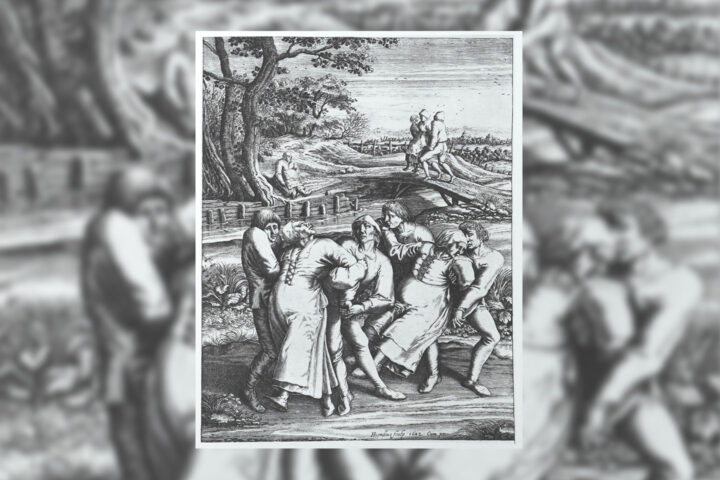Source: queen-boudica-2357_worldhistory
Introduction
The very name of Queen Boudica sounds rebellious and courageous, though somehow overshadowed by other major figures in Roman history. Nevertheless, nobody can deny the fact that she was one of the most fearsome fighters and a vivid image of British resistance against Roman rule ever to exist. This paper examines the life and times of Queen Boudica, trying to find out the rise of her power, events that led to her rebellion, and lasting impacts that happened because of her actions.
Early Life and Rise to Power
Boudica was this queen of the Celts, ruler of the Iceni tribe, who lived in Britain during the period it was under Roman rule. Though there is no evidence to prove her birthdate, historical records indicate that she came to power in the early 1st century AD. The Iceni were a powerful tribe inhabiting East Anglia and had initially been allowed partial autonomy by the ruling Romans. This soon turned sour, with increased levels of oppression and exploitation.
Roman Oppression and Boudica’s Rebellion
The turning point in her life occurred after the death of her husband, Prasutagus. In his will, he is said to have pleaded that his kingdom be divided equally between his daughters and the Roman Emperor Nero. However, the Romans simply ignored the will and took Iceni land by force, treating the owners badly. Moved by this mean treatment, Boudica gathered her people and neighboring tribes to revolt against the Roman occupiers.
The Battle of Watling Street
In 60-61 AD, Boudica led an enormous rising against the Romans. Her army was a coalition of the Celtic tribes that had been effective in every way to inflict a string of gory defeats on the Roman forces. One of the major ones was during the Battle of Watling Street, in which Boudica’s forces metled heavy casualties on the Romans. The Roman governor, Suetonius Paulinus, was obliged to retreat into the stronghold city of Londinium (London).
After the Revolt
Despite all of her early victories, Boudica’s rebellion was put down by the Romans. Having marshaled his force, Suetonius Paulinus returned to London and defeated the Celtic army in the process. The Romans responded brutally, burning the Celtic towns and massacring thousands of civilians. What happened to Boudica is not known, although some sources say she poisoned herself rather than be taken prisoner.
Boudica’s Legacy.
Although her rebellion was finally unsuccessful, to this day, the character of Boudica has remained somewhat of a symbol against foreign domination. Her courage and resolution in the face of overwhelming odds have caught the imaginations of people down the ages. She is often portrayed as a powerful and charismatic leader, a woman who stood for her people, fought for their freedom.
Boudica in Popular Culture
This queen has been the subject of much historical description, fiction and film. She has been portrayed complex and multifaceted, compacting within a single image both strengths and weaknesses of her time. Her image expressed the spirit of British resistance against Roman occupation and to the eternal power of the Celtic heritage.
Boudica and the British Identity
The rebellion of Boudica has been a matter of prime importance in the making of British national identity. Her story has been used time and again to project the resilient and independent people who have fought against foreign invasion or oppression throughout history. A constant citation represents her as an example of the British spirit—a symbol of courage, defiance, and will to survive.
Boudica: An Icon of Feminism?

Source: Wikimedia_Queen_Boudica_by_John_Opie
While much of the history surrounding Boudica has been somewhat romanticized, making her nearly a heroic figure, more recent scholarship filters her legacy through the lens of feminism. Indeed, some historians have gone so far as to suggest that Boudica’s rebellion was not merely one of independence but an assault upon the patriarchal structures of both the Celtic and Roman societies.
Women in Celtic Society
Descent and inheritance in Celtic societies were usually matrilineal. That is, they were traced through the mother’s line. Women also held positions of great influence within their communities as religious leaders and as political advisors. However, their roles remained somewhat circumscribed by traditional gender norms.
Boudica’s Challenge to Patriarchy
The rebellion of Boudica can thus be construed as a threat to such gender role models. She was a queen, which in itself was a position of power not common for a woman during her lifetime. Her leading a military campaign – a thoroughly ‘male’ preserve – further flouted the norm.
The Roman Impact on Women’s Status
The Roman occupation of Britain had a powerful bearing on the status of women. Roman law, being patriarchal in nature, often limited the rights and freedoms of women. However, there is evidence to show that some Celtic women did manage to retain their positions and influence under the Romans.
Boudica and the Shaping of British Feminism
The story of Boudica has been incorporated by feminist movements in Britain for motivational purposes. She is often cited among the strong women who spearheaded some challenge against the patriarchal norms that prevailed in her century. Through her actions, she thus helped form discourses that relate to women’s rights and equality in Britain.
Boudica and the Study of the Celts
The impact of Boudica’s rebellion on the study of Celtic history and culture has also been tremendous. Her story shed much-needed light upon the multifaceted and richly varied nature of the Celtic societies. A leader and a warrior, she gave meaning to the understanding of the power and agency of women in Celtic societies.
Boudica’s Lasting Appeal
The timeless attraction to Boudica’s character can be viewed in terms of inspirational and challenging aspects. Her story reminds one about the power of a single action and standing for what is believed. From feminist icon to British resistance, Boudica’s tale remains fresh in people’s minds today.
Conclusion
The life and times of Queen Boudica provide an opportunity to get a glimpse of Roman Britain in detail. Her rebellion against the Roman occupiers was an act of defiance that had far-reaching consequences for the region. Although what eventually befell her is unknown to this day, her legacy has endured to this very day as a symbol for resistance and courage. In these ways, the story of Boudica testifies to the timeless power of the human spirit and to the meaning of standing up for principles. As we delve deeper into her life and times, we begin to understand how complex and multifarious the Celtic history was, but how enduring, particularly in relation to Boudica’s lasting influence on British culture and identity.
Sources:

















